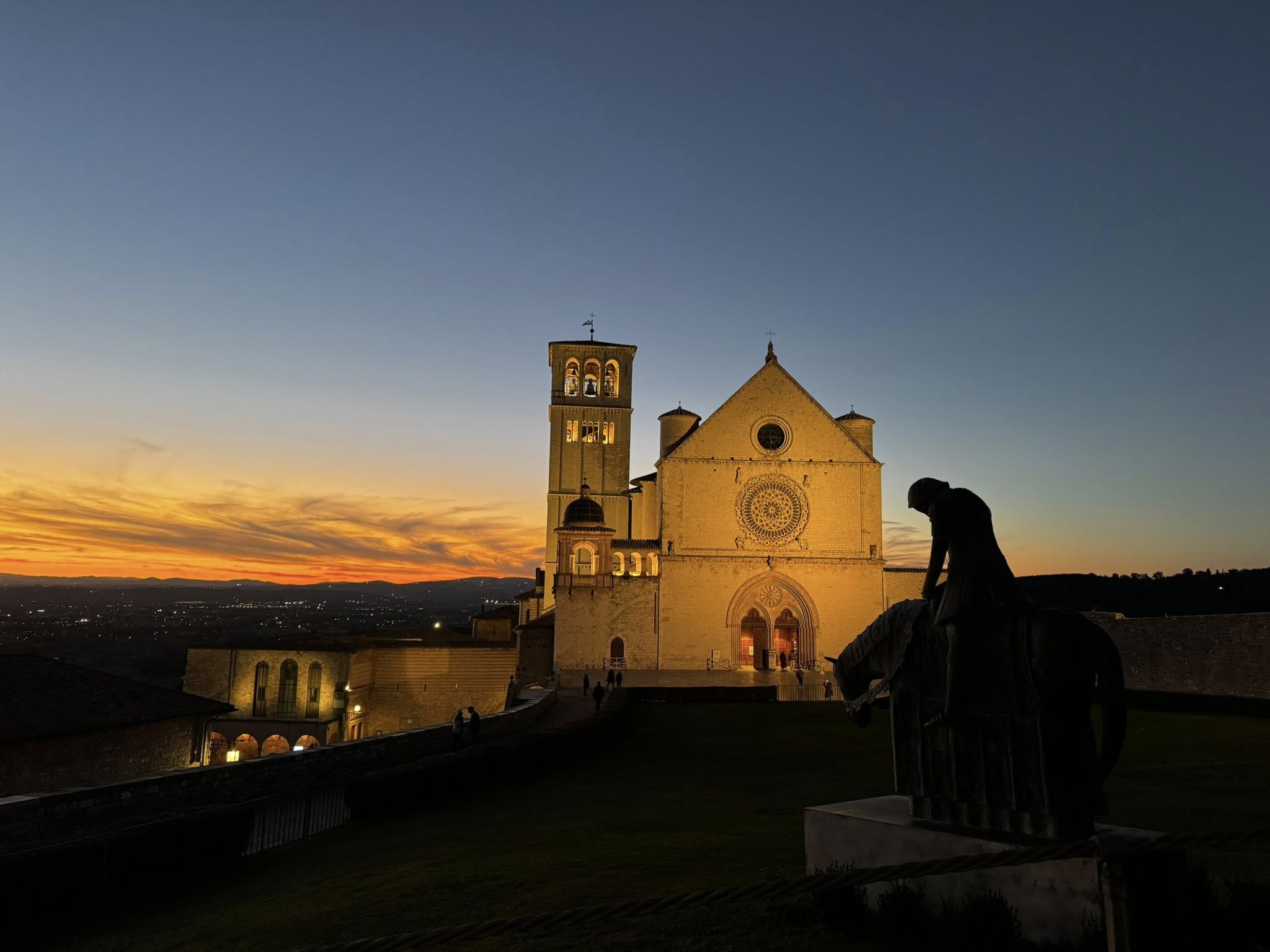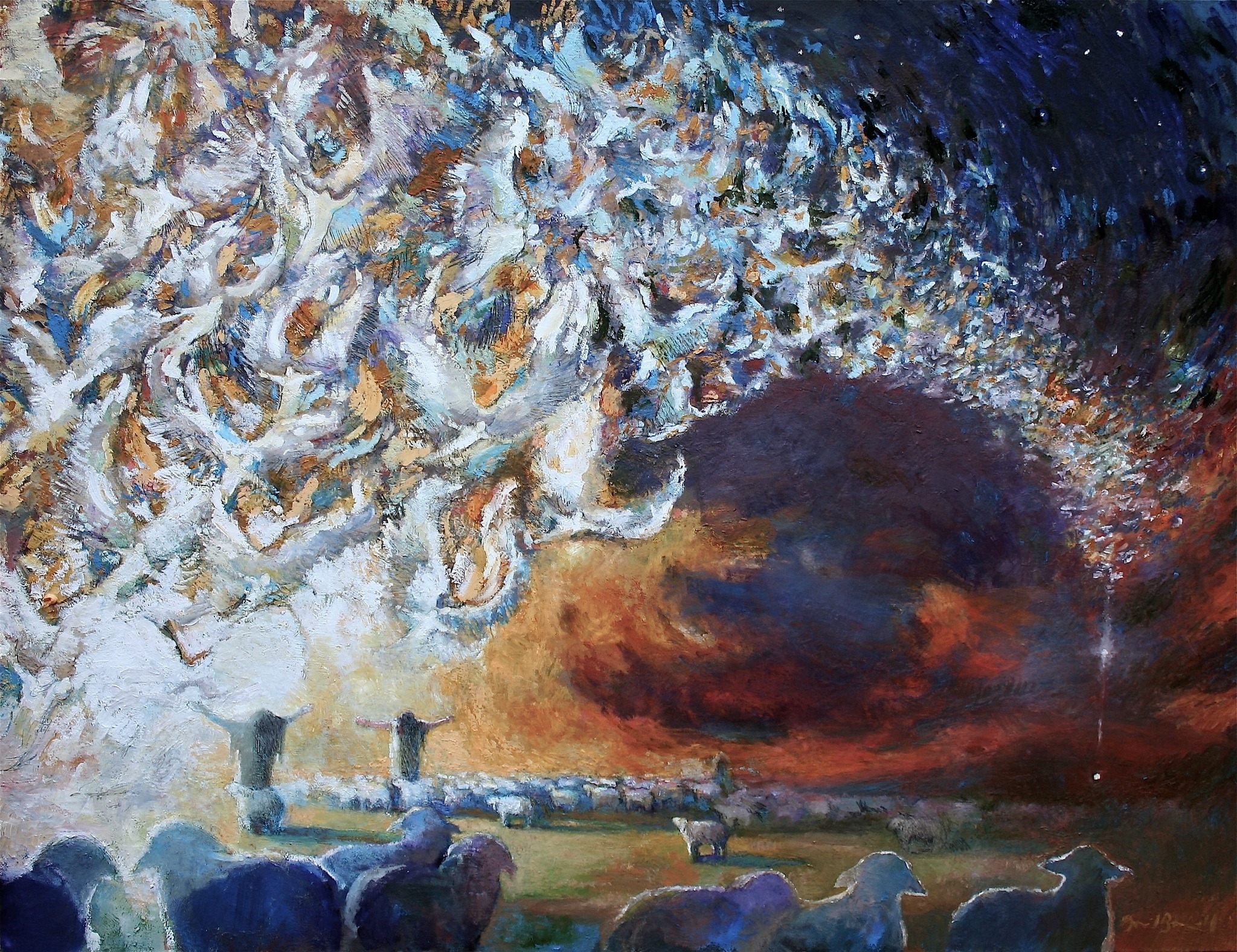Divo Barsotti
Our holiness is not our work, but God’s. Hence what I said to you earlier: hope presupposes humility, because hope is an effective desire by virtue of the divine action that raises you to itself. It is in abandonment to the power of grace that hope lives. Do you believe that all those who are not Christians, that all those who reject God or blaspheme him, are people broken by every vice? It may very well be that there are also people who are honest, upright and rich in virtue. Certainly not perfect virtues, but virtues perhaps greater than those we have; but they do not have a supernatural life and we do. Why do we, but they do not? Because we trust God. If they deny God, what do their virtues consist of? They are nothing more than the manifestation of a human pride that wants to affirm itself. We can affirm ourselves in power, we can affirm ourselves in wealth and we can affirm ourselves also in virtues.
There is nothing more contrary to Christian holiness than Stoicism, whereby the soul feels greater than the gods. Read Seneca’s Moral Letters to Lucilius (Epistulae Morales ad Lucilium). They are beautiful. It has even been thought that Seneca was a disciple of St. Paul. And yet the Stoic is a proud man who bases his virtue only on himself. Pannicar once spoke to me about the difference between a Hindu and a Christian: the Hindu is full of pride, because all his greatness is the fruit of his commitment, it is the fruit of his will. The Christian, even if he is not fully aware of it, always has a minimum of humility. He never pretends to be equal to God, he does not pretend to make himself God. Making himself God by himself is the sin of the angels, the gravest sin of all. Now the angels were chaste, they had many virtues, but they were full of pride and fell into hell. What distinguishes Christian holiness is humility, a humility that allies itself in you with a confident abandonment in the hands of a God who loves you.
The most common sin, therefore, is discouragement that is a product of pride. We believe in us, not in divine action. Since we know that we are advanced in years and that we will lack the time to reach holiness, we give up. It is wrong. I cannot give up becoming a saint! I cannot! If I renounce it, I do harm, because my sin is not not reaching holiness, but not constantly striving toward it. And believing that you have reached it is then the greatest illusion.
How many times have I had to say to religious souls: stop despising those in marriage. Do not think yourself better than them, because you are not married! The only holiness is God’s will; it is only in adhering to this will that we are saints. Not for the fact that we become silent and live in solitude, not for the fact that we fast, even if it is true that holiness leads us to fast and live in solitude. But it is not loneliness per se, it is not fasting per se that makes us saints. What makes us saints are faith, hope and charity. If this is true, it is precisely for this reason that you must not renounce holiness. If holiness consisted in multiplying works or in leading a certain type of life, those who live in convents and monasteries would be right to feel more holy than those who live in the world. But holiness does not consist in this, holiness consists in making God present in the heart of man, holiness consists in this adherence to the divine will that makes God incarnate in your life.
(From “Che Dio vi parli,” Chorabooks 2016, translated by Aurelio Porfiri. Image: reenablack at pixabay.com)


 Follow
Follow

